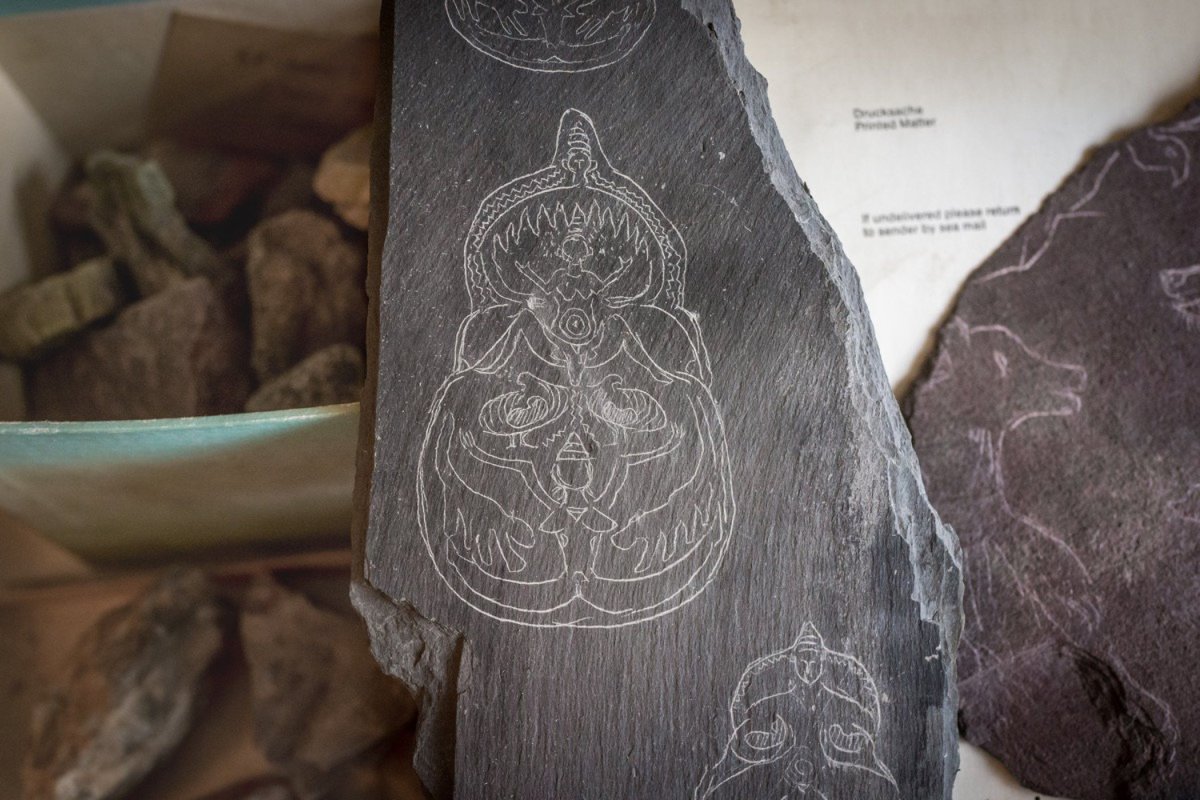James Mellaart, a famous but controversial archaeologist, died in 2012, and even in death he tried to pass off historical hoaxes as real.
A colleague of Mellaart, Eberhard Zangger, a geoarchaeologist from Switzerland, has been investigating Mellaart's claims, Live Science reported. Zangger found that Mellaart had drafts of writings, murals and carvings in his apartment when he died, indicating that Mellaart was actually the creator of the "discoveries" he had attributed to ancient peoples. Mellaart had asked colleagues to publish his work after his death; instead, one colleague found more evidence of Mellaart's hoaxes.
Mellaart had a long career in archaeology. He was a lecturer at Istanbul University and the University of London, and made incredible, often reputable, discoveries. His first public brush with controversy, known as "The Dorak Affair," involved his discovery of treasure in Turkey. Some accused him of having illegally dug up the treasure elsewhere and smuggling it out of the country.

That incident would turn out to be only one debacle in a career studded with possible fabrications. Mellaart also claimed to have discovered murals at Çatalhöyük, an ancient settlement in Turkey from approximately 9,000 years ago. He claimed that they crumbled to dust before he could photograph or remove them. Mellaart painted pictures of the murals that he claimed existed, but there's no other evidence that they were there. To this day, Mellaart and his supposed discoveries remain controversial in the archaeology world.
Zangger suspects that after the first controversy, Mellaart decided he could execute more and more archaeological deceptions. The multitude of fakeries indicated that Mellaart dedicated much of his career to tearing down archaeological knowledge rather than improving it, despite the fact that he was a well-connected and intelligent archaeologist.
"He appears to have increasingly entered an imaginary world," Zangger told Live Science. "Maybe he wanted to somehow retaliate by misleading his colleagues in the field."
Uncommon Knowledge
Newsweek is committed to challenging conventional wisdom and finding connections in the search for common ground.
Newsweek is committed to challenging conventional wisdom and finding connections in the search for common ground.
About the writer
Kristin is a science journalist in New York who has lived in DC, Boston, LA, and the SF Bay Area. ... Read more
To read how Newsweek uses AI as a newsroom tool, Click here.








